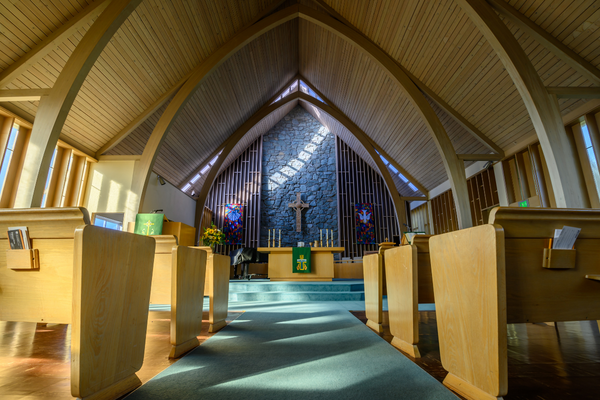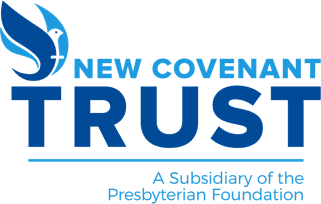
As you are likely aware, inflation is dominating the financial headlines. The cost of living has gone up, the supply chain is experiencing major delays and shortages, and expenses across the board are rising — from food to housing to all types of goods and services. One of the largest budget items for both individuals and institutions — energy costs — is expected to increase significantly over the next several years.
As we head into the colder months, it’s important to understand how inflation’s impact on energy costs could affect you or your institution. As the U.S. Energy Information Administration reported in its Short-term Energy Outlook in October, “Compared with last winter, in nominal terms, we forecast expenditures for homes that heat with natural gas will rise by 28%, heating oil by 27%, electricity by 10%, and propane 5% from October to March.”
That’s quite an upsurge!
At New Covenant Trust Company, we understand these rising costs could create budget pressure and financial risk for many congregations. Invariably, the question I’m hearing from our church clients is, “What can we do about lowering our energy bills?”
We’re proud to introduce Colby May, Founder and President of Energy for Purpose, a church and ministry energy consulting firm. Colby is a Pastor and a Certified Energy Manager with a passion to reinvest energy savings to mission.
Below are a few of his no-cost, energy-saving practices that can make a very large and immediate impact on your church’s energy usage.
Take Control of Your Thermostat
Regardless of where in the country we are located, heating, ventilation and cooling (HVAC) is 50% to 60% of our energy use, on average. This makes taking control of your HVAC’s temperature settings vital!
Occupied setpoints. Per the Environmental Protection Agency, your cooling and heating occupied setpoints (the temperature setting on the thermostat when people are in your building) should be 68° for heating and 74° for cooling. For every degree adjusted, your church, home or business could save up to 1.5% on the HVAC portion of your bill. Going from 70° cooling to 74° could impact your savings by up to 6%.
Unoccupied setpoints. This is very important. If your home or building is unoccupied longer than four hours, implement an unoccupied schedule with aggressive temperature setbacks per the EPA’s recommendation — 50° for heating and 85° for cooling. If this is too aggressive, you can compromise at 60°/80°.
Avoid the “deadband.” Make sure you keep a 5-degree difference between your system’s heating and cooling setpoint. Setpoints that are too close together, i.e., 68° heating and 70° cooling, can lead to simultaneous heating and cooling.
Know Your Zones
Find out if your facility has an HVAC system with the ability to “zone” — which means to create customized temperature zones using dampers in the ductwork to regulate and redirect air to specific areas of the building.
If so, only condition the zone(s) you are occupying. There is no need to heat or cool the sanctuary 24 hours a day if you’re only using it on Wednesdays and Sundays. Sanctuaries are the largest (and most expensive) zones to condition.
If the primary zone you are occupying is the church office most of the week, only condition that space, while keeping all other zones at a comfortable, unoccupied setpoint.
If possible, schedule meetings in smaller zones. It cost five times more to condition a zone with a 10-ton unit vs. a 2-ton unit. Also, use already conditioned zones if possible. In unoccupied zones, it can take two hours to reach setpoint.
Other Energy-Saving Tips
Lights. If you are out of your office for longer than 23 seconds, it pays to turn your lights off.
Whenever possible, use natural light, or a combination of natural and artificial lighting.
Doors and windows. Keep all your building’s doors and windows closed as much as possible. The stronger your building envelope (the structure that physically separates the interior from the outside elements), the less energy you’ll need to keep it warm or cool.
Hot water. Turn the temperature of your domestic hot water tanks off or down when the building is unoccupied. However, be very cautious during colder weather, as turning units off could freeze pipes.
If you’re interested in an energy assessment for your church, or have additional questions, feel free to contact Colby at colby@energyforpurpose.com. Some states offer rebates and grants that could offset the cost of an energy audit.
